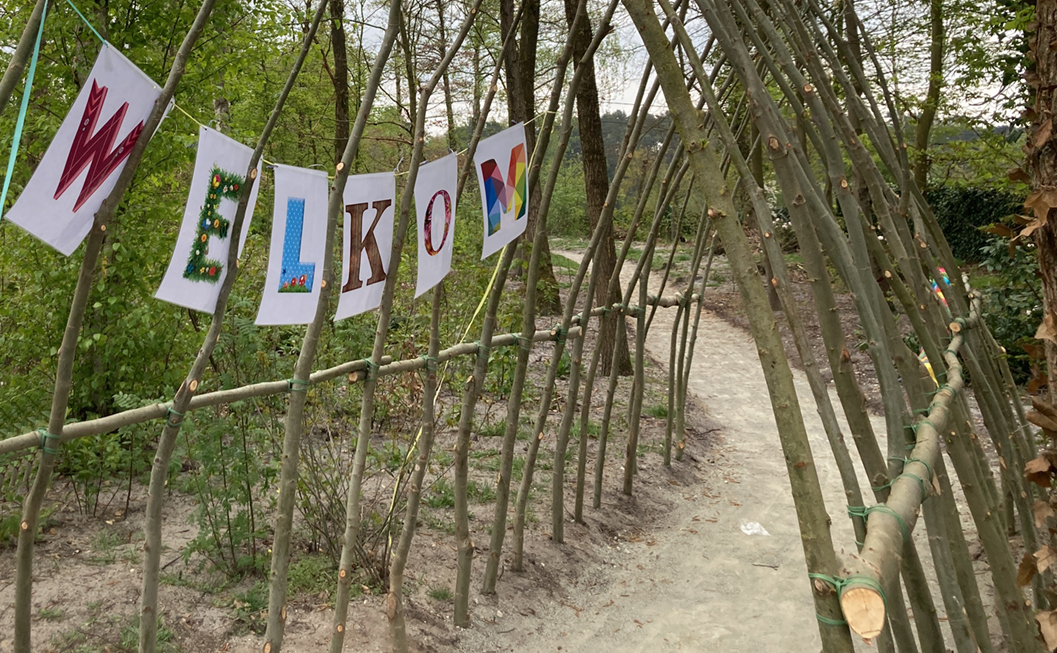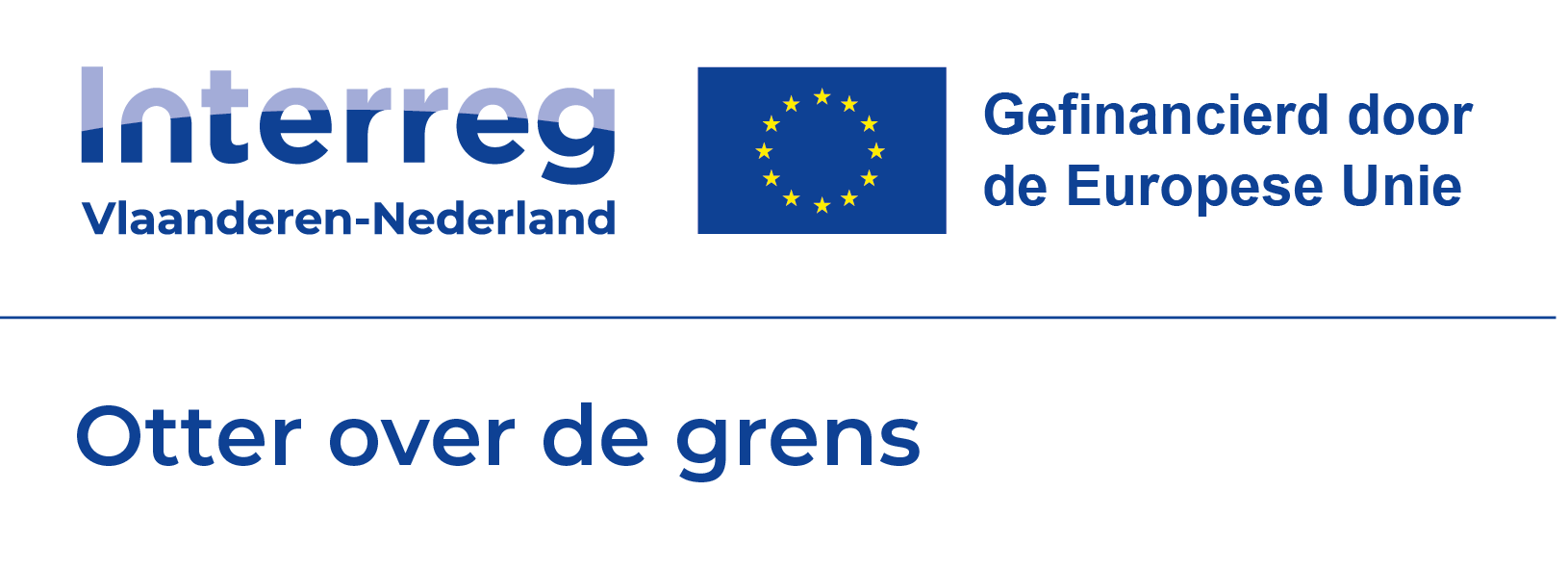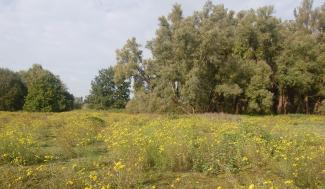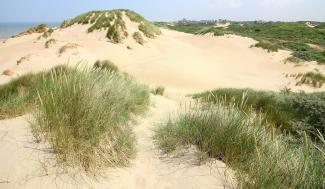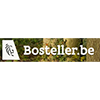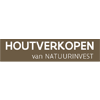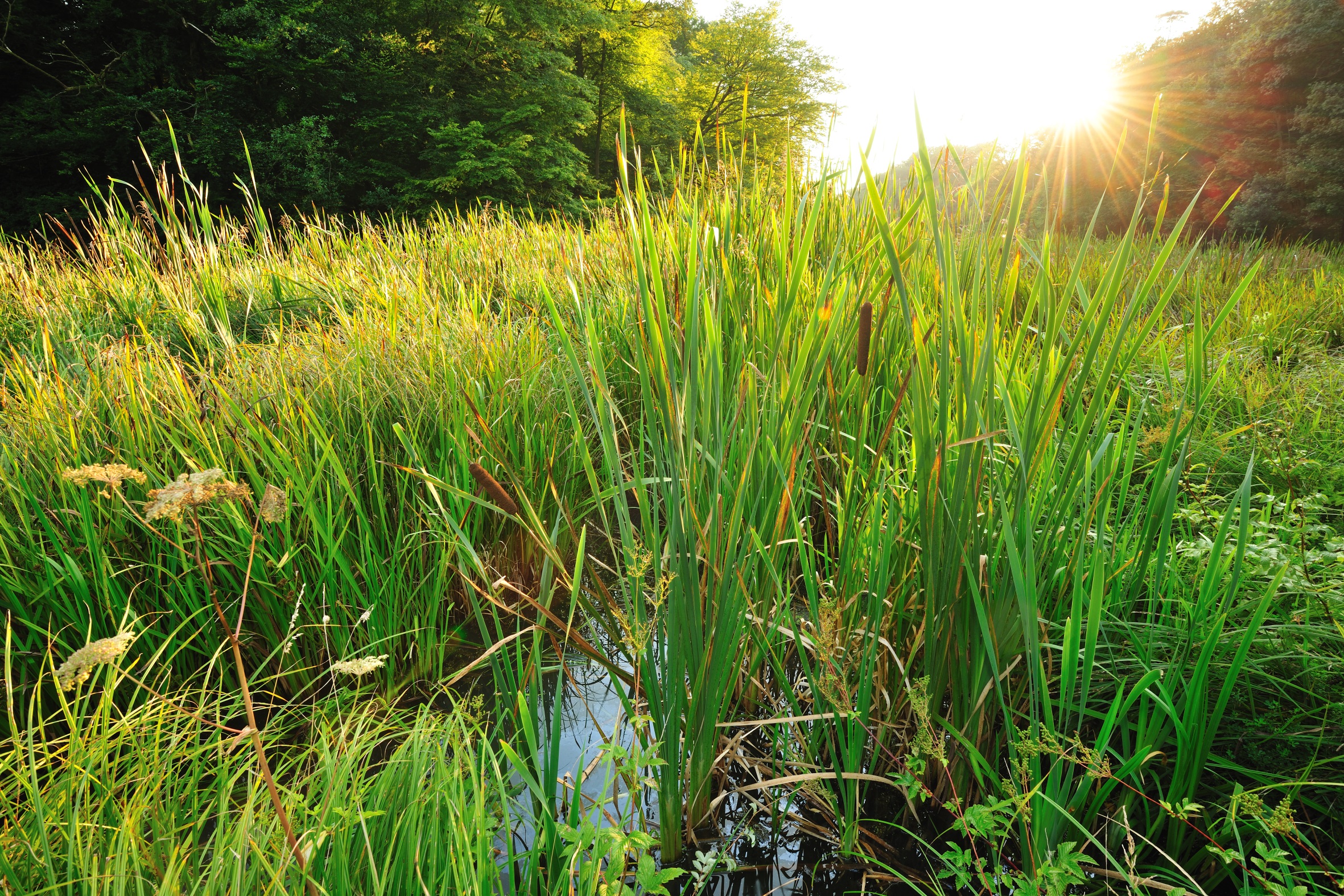
Projecten
Waardevolle natuurprojecten? Daar zetten we graag mee de schouders onder, met financiële steun én vakmanschap. Van initiatieven die streven naar een hogere natuurkwaliteit tot verbindende projecten voor toegankelijke natuur in je buurt. Onder het motto ‘meer, beter en samen' creëren we met diverse partners een groter draagvlak voor natuur, in heel Vlaanderen.
-
Front Page Index0
Algemeen
-
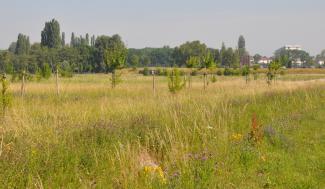
2B Connect
Het Interreg project 2B Connect hielp 70 bedrijven hun terreinen natuurgericht in te richten.
Vier jaar lang hebben 26 partners in de grensstreek Vlaanderen-Nederland zich ingezet voor meer biodiversiteit op minstens 70 bedrijventerreinen in de grensregio.
2B Connect geeft een rechtstreekse invulling aan de Biodiversiteitsstrategie 2020 van de Europese Commissie: inzetten op de ontwikkeling van groene infrastructuur. Dit is een belangrijk middel om zoveel mogelijk natuur te handhaven en te verbeteren. De Europese Commissie benadrukt daarbij het belang van samenwerking met en tussen bedrijven. Het project ontvangt daarvoor meer dan 3 miljoen euro.

-

Interregproject 'Otter over de grens'
Op 1 april 2024 is het Europees project ‘otter over de grens’ gestart. Dit project heeft als doel om het leefgebied van de otter in de grensregio van Vlaanderen en Nederland te verbeteren en wordt ondersteund door het Interreg-programma Vlaanderen – Nederland van de Europese Unie.
Kostprijs 3.022.958,05 euro waarvan 1.499.979,02 euro bijgedragen wordt door Interreg.
Looptijd: 1 april 2024 - 31 maart 2027
Partners: Agentschap voor Natuur en Bos, Durme VZW, gemeente Breda, Instituut voor Natuur- en Bosonderzoek, Limburgs Landschap vzw, Provincie Antwerpen, Provincie Oost-Vlaanderen, Regionaal Landschap De Voorkempen, Regionaal Landschap Kempen en Maasland, Regionaal Landschap Rivierenland, Regionaal Landschap Schelde-Durme, Stichting ARK, Vlaamse Milieumaatschappij, Waterschap Brabantse Delta, WWF België en Zoogdiervereniging.
-
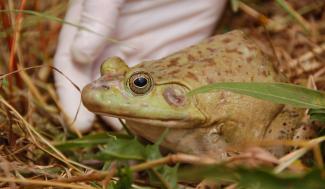
Invexo
In het project Invexo werkten 24 partners rond onderzoek en beheer van invasieve exoten in Vlaanderen en Zuid-Nederland.
Het Agentschap voor Natuur en Bos wil overlast en schade door invasieve uitheemse soorten voorkomen en tegengaan. Daarom was het een van de partners van het Europese project Invexo (2009-2012).
-
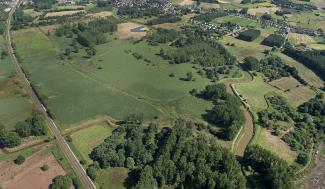
Land is Forever
Om het verlies aan biodiversiteit een halt toe te roepen heeft de EU een alomvattende biodiversiteitsstrategie aangenomen.
Uitgangspunten hierbij is de bestaande EU-natuurwetgeving: de Europese vogelrichtlijn (1979) en de habitatrichtlijn (1992). Die richtlijnen vormen de rechtsgrondslag voor het Natura 2000-netwerk, het Europese netwerk voor natuurbescherming. Het LIFE-programma heeft als doel om dit Natura 2000-netwerk te ondersteunen.
-
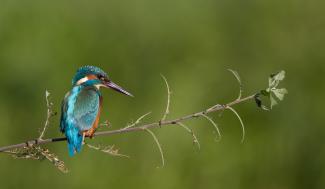
Life B4B
De biodiversiteit in België beschermen en herstellen, dat is waar het LIFE-project 'Belgium for Biodiversity', ofte B4B, voor staat.
-
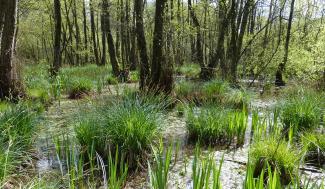
LIFE Narmena
In het LIFE-project NARMENA (Nature-based Remediation of Metal pollutants in Nature Areas to increase water storage capacity) zoekt het Agentschap voor Natuur en Bos samen met 6 projectpartners naar oplossingen voor historische metaalverontreiniging.
Dit project loopt van 2021 tot 2027.
Net zoals een gewone bodem kan ook het slib en de bodem van waterlopen vervuild zijn. Er zijn verschillende technieken om die waterbodems te reinigen zijn. Het LIFE-project NARMENA test nu minder gekende, natuurgebaseerde saneringstechnieken met 3 demonstratieprojecten. Daarvan vallen er 2 in Sigmaplangebieden: de Winterbeek in Kloosterbeemden (Demervallei) en de Grote Laak in het Zammelsbroek (Grote Nete).
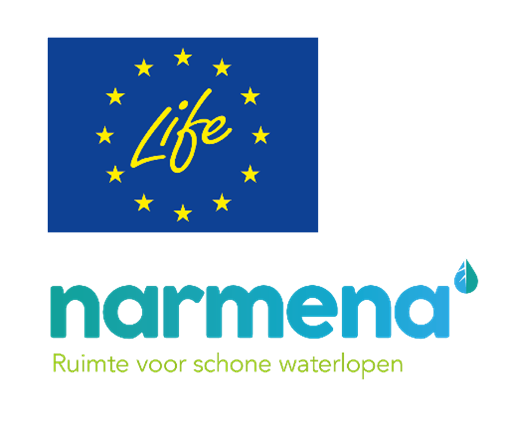
-
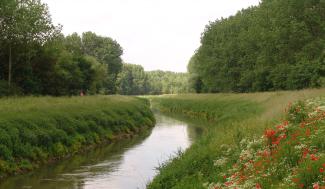
LIFE RIPARIAS
RIPARIAS is een acroniem en staat voor ‘Reaching Integrated and Prompt Action in Response to Invasive Alien Species’. Dit project zal een geïntegreerde en vlotte manier uitwerken om invasieve uitheemse soorten te bestrijden over de administratieve grenzen heen, waarbij het Vlaamse, Waalse en Brussels hoofdstedelijk gewest samenwerken.
-
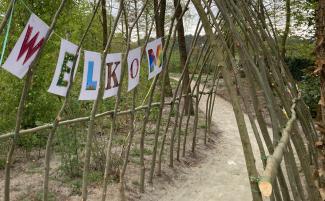
Natuur op wandelafstand
Hoe richt je een biodiverse en klimaatadaptieve zorgomgeving in? Hoe kun je die duurzaam onderhouden en gebruiken zodat mensen de gezondheidsvoordelen ervan ondervinden en mee zorg dragen voor natuur?
-
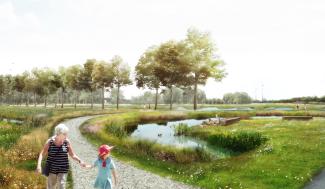
Rivierherstel Leie
Het project Rivierherstel Leie is een onderdeel van het Europese Seine-Scheldeproject. In het Vlaams Gewest heeft het Seine-Scheldeproject als doel het verbeteren van de bevaarbaarheid van de Leie tussen Gent en Wervik en het herstel van de natuur- en landschapswaarden in de Leievallei tussen Deinze en Wervik.
-
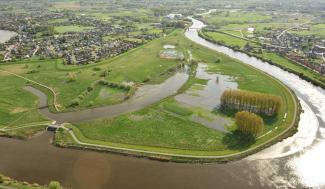
Sigmaplan
Om de veiligheid in het Zeescheldebekken te verzekeren werd het Sigmaplan opgesteld.
De rampzalige overstromingen van 1953 en 1976 maakten duidelijk dat Vlaanderen zich beter moest beschermen tegen stormvloeden uit de Noordzee.
-
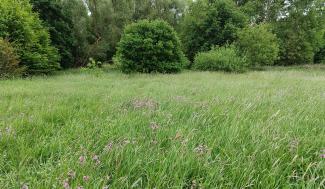
T.OP Dender
De Dendervallei staat voor grote ruimtelijke uitdagingen. Met T.OP Dender bundelen de Vlaamse overheid, de provincie Oost-Vlaanderen en verschillende gemeenten de krachten om de vallei klaar te maken voor de toekomst. Het Agentschap voor Natuur en Bos speelt hierin een actieve rol.
-
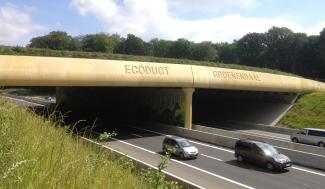
Vlaams Actieprogramma Ecologische Ontsnippering
Wist je dat een dier op zijn tocht door het Vlaamse landschap gemiddeld om de 300 meter een weg tegen komt? Die situatie noemen we 'versnippering’.
Ze zorgt ervoor dat dieren hun soortgenoten niet kunnen bereiken. Heel wat dieren sterven ook op de weg en hun aanwezigheid kan leiden tot verkeersonveilige situaties, bijvoorbeeld als het gaat om overstekende reeën of everzwijnen. Om die versnippering te doorbreken werkt Natuur en Bos mee aan het Vlaams Actieprogramma Ecologische Ontsnippering (VAPEO). Dit grootschalige investeringsprogramma wil belangrijke ingrepen aanpakken zoals natuurbruggen (ecoducten), ecotunnels, wilddetectiesystemen… verspreid over Vlaanderen. Dankzij deze ingrepen kruisen dieren veilig de weg en vergroten ze hun leefgebied. Dat is goed nieuws voor de verkeersveiligheid én de biodiversiteit. Vlaams minister van Omgeving Zuhal Demir en Vlaams minister van Mobiliteit en Openbare Werken Lydia Peeters lanceerden het VAPEO op 23 september 2020.
-
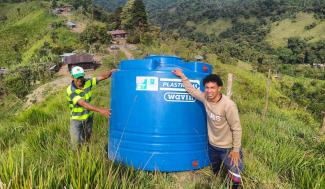
Vlaams Fonds Tropisch Bos
Het Vlaams Fonds Tropisch Bos verleent financiële steun aan projecten gericht op het behoud, duurzaam beheer en herstel van bos in, hoofdzakelijk, Zuid-Amerika. De doelstelling van deze projecten is biodiversiteitsbehoud, bestrijding van en aanpassing aan klimaatverandering en ondersteuning van de sociaaleconomische ontwikkeling van lokale bevolkingsgroepen.
Lees er meer over op de website van het Vlaams Fonds Tropisch Bos >
Antwerpen
-
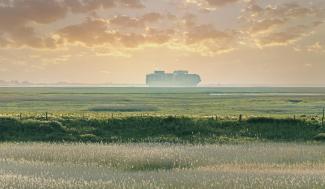
Beheercommissie Natuur Linkerscheldeoever
De Beheercommissie Natuur Linkerscheldeoever heeft als doel om de Europees beschermde natuur op Linkerscheldeoever in een gunstige staat van instandhouding te brengen en om de natuurcompensaties voor de haven van Antwerpen op te volgen. Dat doen we over alle tegengestelde belangen heen en samen met alle betrokkenen.
-
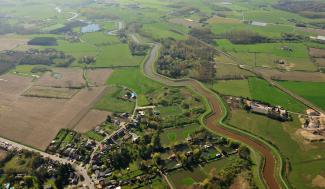
Landschapspark Pallieterland
In de Netevallei bundelen verschillende partners hun krachten voor ‘Pallieterland’.
-
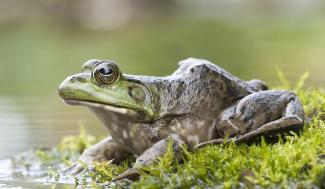
LIFE 3n-Stierkikker
LIFE-3n stierkikker is een Europees LIFE-project dat een duurzame manier wil vinden om de verspreiding van de Amerikaanse stierkikker in de Vlaamse populaties te stoppen, vooral in de Vallei van de Grote Nete, waar momenteel een grote populatie zit.
-
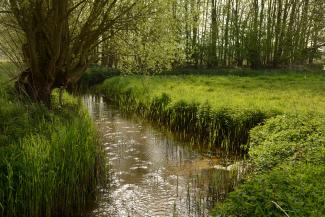
Samenwerking bij natuurherstel Merkske en Strijbeekse Beek
Agentschap voor Natuur en Bos werkt mee aan een samenwerkingsproject in de vallei van het Merkske en de Strijbeekse Beek. Door de natuur te versterken ontstaat er een netwerk van natuurgebieden in de grensregio. Staatsbosbeheer voert de regie over het project.
We werken samen met Provincie Antwerpen, Provincie Noord-Brabant, Staatsbosbeheer en waterschap Brabantse Delta.
-
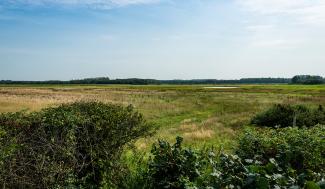
Toekomst van Landschap De Liereman
De komende jaren voeren Natuurpunt, VLM, Provincie Antwerpen en Agentschap voor Natuur en Bos heel wat werken uit, die de natuur herstellen en versterken in Landschap De Liereman.
Dit verloopt via oa natuurinrichting, projectsubsidies natuur, natuurbeheerplan, ….
Limburg
-
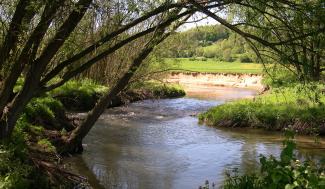
Drielandenpark
Het Drielandenpark is een prachtig stukje Europa, gelegen tussen de steden Hasselt, Genk, Sittard-Geleen, Heerlen, Aken, Eupen, Verviers, Luik en Maastricht.
Het is ook de naam van een uniek samenwerkingsplatform over de grenzen heen: negen partijen uit België, waaronder het Agentschap voor Natuur en Bos, Duitsland en Nederland slaan sinds 2001 de handen in elkaar om de open ruimte te behouden en te versterken. Dit steeds in relatie tot de omliggende stedelijke gebieden.
Meer weten over dit project: www.drielandenpark.eu
-
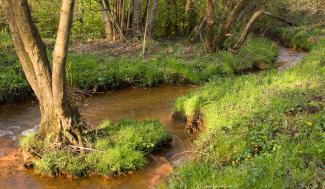
Grenspark Kempen-Broek
Het Grenspark Kempen-Broek strekt zich uit over het punt waar de provincies Limburg en Noord-Brabant elkaar raken.
Het 25.000 hectare grote gebied ligt op het grondgebied van de gemeenten Cranendonck, Nederweert en Weert in Nederland en Bocholt, Bree, Kinrooi en Maaseik in België. De Belgisch-Nederlandse grens verdeelt het in twee min of meer gelijke delen.
-
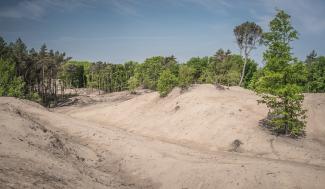
PONC
In het kader van een Europees Erasmus+ project 'Process Oriented Nature Conservation' (PONC) werkten Natuurinvest en het Agentschap voor Natuur en Bos gedurende enkele jaren samen met Zweedse, Nederlandse en Roemeense partners om kennis op te bouwen en ervaringen te delen rond procesgestuurde natuurbeschermingsconcepten en -oplossingen voor gebieden in Europa. Dat gebeurde in Vlaanderen aan de hand van twee cases, namelijk het Sigmaplan in het Scheldegetijdengebied en Bosland.
-
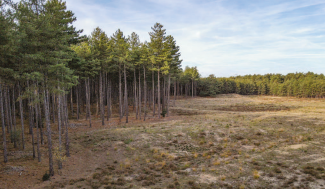
Wilde natuur in Nationaal Park Bosland
Traditioneel wordt in Vlaanderen aan klassiek, intensief natuurbeheer gedaan, zoals bossen kappen en aanplanten, heide plaggen, enz. In Nationaal Park Bosland krijgt de natuur opnieuw zelf het stuur in handen. Op meer dan 500 hectare mag ze helemaal haar eigen gang gaan: wind, water, planten en dieren bepalen er samen het ritme en vormen het landschap. Deze zogenaamde wilde natuur of procesnatuur groeit, verandert en herstelt zichzelf – zonder dat de mens voortdurend ingrijpt. Op termijn zullen deze natuurlijke processen positief bijdragen aan biodiversiteit, ecosysteemdiensten en klimaatrobuustheid.
Oost-Vlaanderen
-
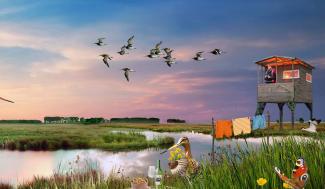
Interreg VI Grenspark Groot-Saeftinghe
Verschillende partners bundelen hun krachten om het Grenspark Groot Saeftinghe aantrekkelijker te maken voor toeristen. Een netwerk van onthaalpoorten en goede infrastructuur op vlak van mobiliteit, onthaal en verblijfsmogelijkheden zullen de recreatie en de leefbaarheid in de streek versterken.
Dit interreg VI project loopt van 2023 tot 2026.

-
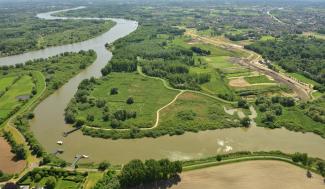
LIFE Sparc
De Scheldevallei beter wapenen tegen klimaatverandering, dat is het doel van LIFE SPARC. Het Agentschap voor Natuur en Bos, De Vlaamse Waterweg nv, het Regionaal Landschap Schelde-Durme en E.V. Flanders Hydraulics sloegen daarvoor de handen in elkaar. De partners doopten het project ‘LIFE SPARC of Space for Adaptating the River Scheldt to Climate Change’.
SPARC is gestart op 1 september 2017 en zou lopen tot 2022, maar werd verlengd tot 2025. SPARC situeert zich op het grondgebied van Dendermonde, Bornem, Hamme, Waasmunster en Temse. Met dit LIFE-project wapenen we de Scheldevallei nog beter tegen de klimaatverandering, zoals we dat ook al doen met het Sigmaplan. Door de klimaatverandering stijgt het zeeniveau en komen stormen en zware regenval steeds meer voor. Als getijdenrivier is de Schelde daar extreem gevoelig voor.
Vlaams-Brabant
-
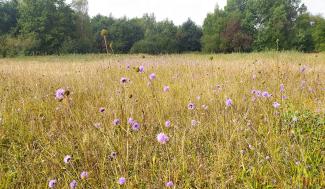
LIFE HARWIN
Het project LIFE HARWIN wil natuurherstel realiseren in de valleien van de Winge en de Motte. Daar beheren we samen met Natuurpunt heel wat natuurgebieden.
-
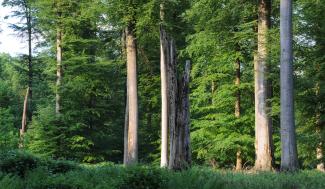
OZON
OZON, acroniem voor Ontsnippering van het ZONiënwoud, was een Europees LIFE+ project dat de verschillende delen van het Zoniënwoud weer heeft verbonden.
Het project ging van start op 1 oktober 2013 en liep tot 30 juni 2018. Meer info op laymans-report-2018_LR.pdf (zonienwoud.be).
West-Vlaanderen
-
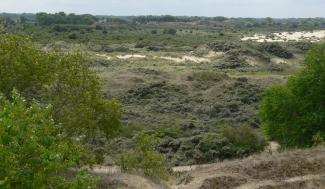
Interreg V-project VEDETTE
Het Interreg-project ‘Vedette’ (voor een duurzaam eco-toeristisch territorium) was een grensoverschrijdend Europees project dat de duinen en polders tussen Duinkerke en Westende omvatte. Het Interreg V-project wilde de barrières tussen de twee landen op vlak van natuurbeheer wegnemen. Op die manier kwamen we met alle partners tot een gezamenlijke visie én aanpak voor het grensoverschrijdende natuurgebied ‘Vlaamse Duinen’.
Het Interreg V-project VEDETTE duurde van 1 oktober 2017 tot en met 30 september 2021.
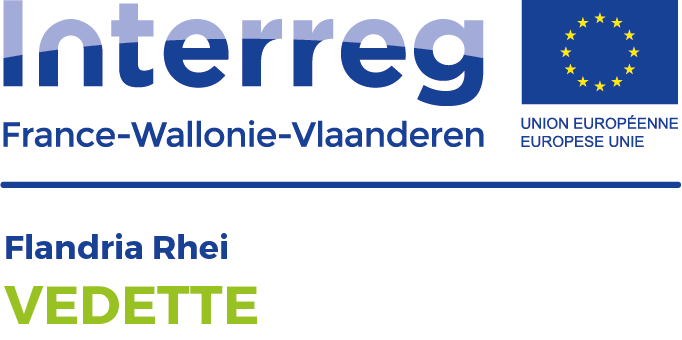
-
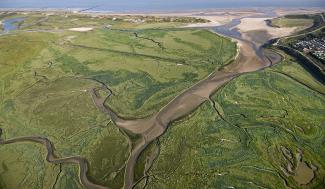
LIFE ZTAR
ZTAR, een acroniem voor Zwin Tidal Area Restoration, was een Europees LIFE-project dat de Zwinvlakte wilde herstellen naar het biodiverse slikken- en schorrengebied van vroeger.
-
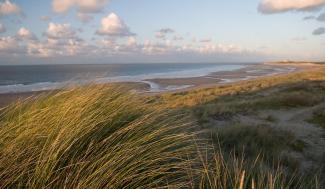
Life+ natuur project FLANDRE
Flemish And North French Dunes Restoration (afkorting FLANDRE) was een door de Europese Unie meegefinancierd gezamenlijk natuurherstelproject van het Agentschap voor Natuur en Bos, het Conservatoire du Littoral et des Rivages lacustres en het Département du Nord voor de kustduinen tussen Dunkerque (Frankrijk) en Westende (België).
Lire le site du projet LIFE FLANDRE en Français >
Read the website of the LIFE project FLANDRE in English > -
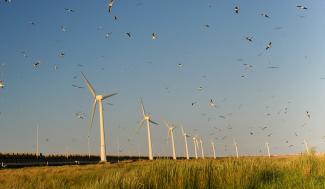
Sternenschiereiland
Industrie en natuur gaan zelden hand in hand. Toch bewijst het Sternenschiereiland dat dit niet altijd waar hoeft te zijn.
Aan de oostelijke strekdam van de haven van Zeebrugge spoot de Vlaamse overheid jaren geleden een zandvlakte op. De natuur nam dit geschenk in dank af, want amper 5 jaar later stond het gebied internationaal bekend als de grootste broedkolonie van zeldzame sternen in West-Europa.
-
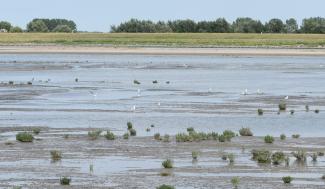
Zwin in verandering
De Zwinvlakte is tussen 2016 en 2019 uitgebreid met 120 hectare om de toekomst van dit unieke getijdengebied veilig te stellen.
Vlaanderen en Nederland sloegen daarvoor de handen in elkaar en samen blijven ze de natuurkern van de Zwinstreek in topconditie houden. Door de uitbreiding is er een grotere oppervlakte getijdennatuur gerealiseerd en het overstromingsgevaar vanuit zee voor het achterland is kleiner geworden. De Nieuwe Internationale Dijk is ongeveer 26 hectare groot en wordt begraasd door schapen. Kijkpunten geven je een prachtig uitzicht op het getijdengebied en de polder. Het Vlaamse gedeelte van de Zwinvlakte wordt beheerd door het Agentschap voor Natuur en Bos. Het Nederlandse gedeelte van het Zwin is in beheer bij de Stichting Zeeuws Landschap.
